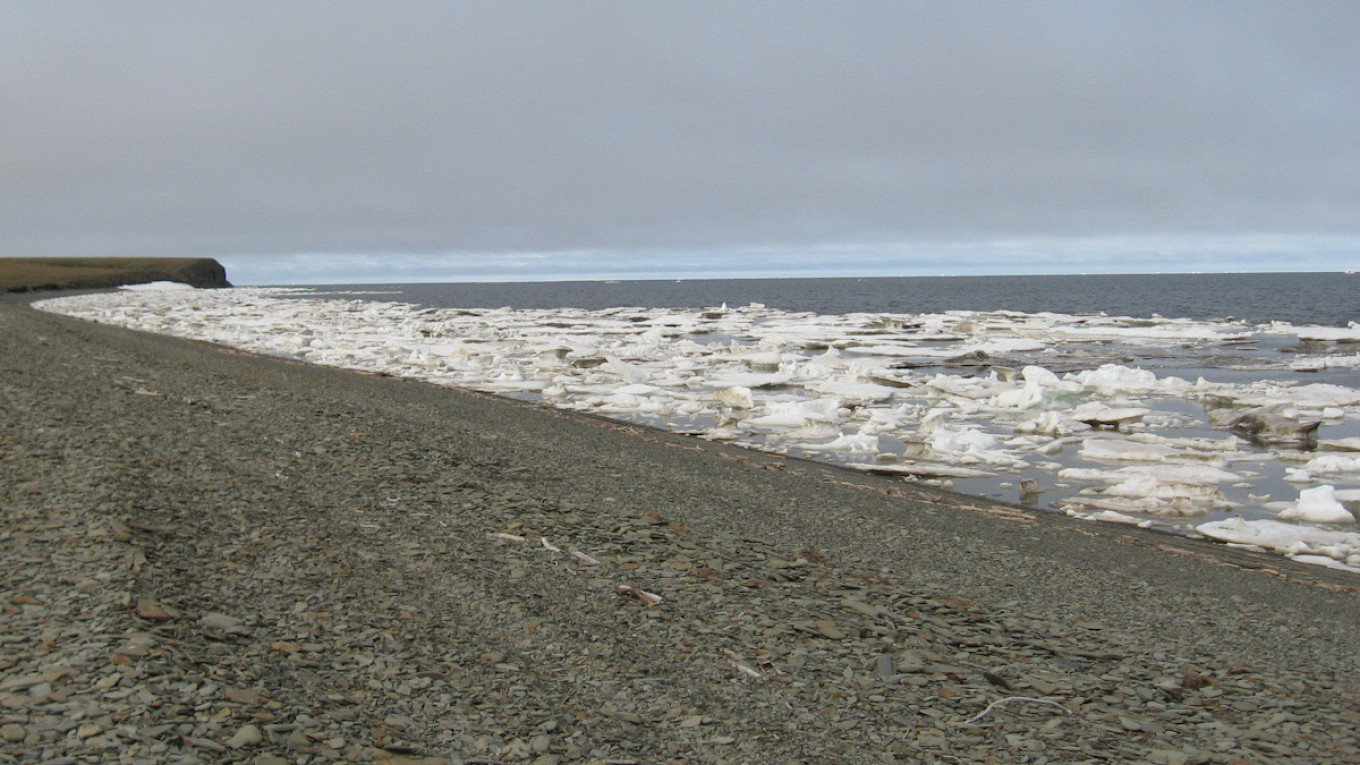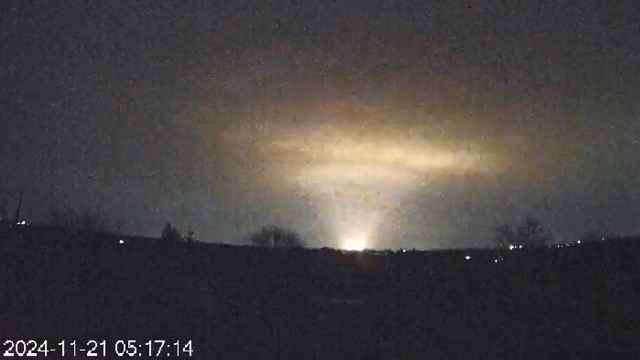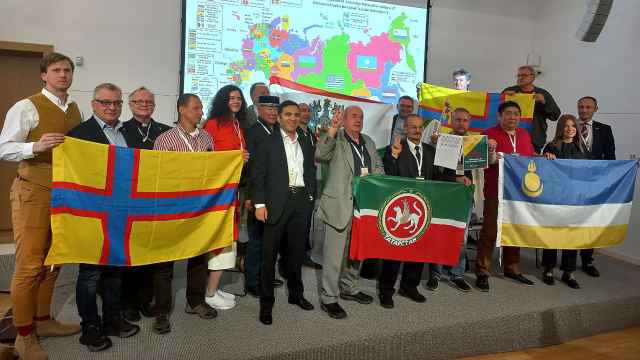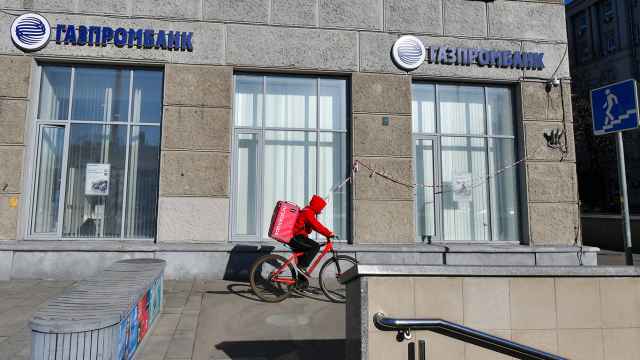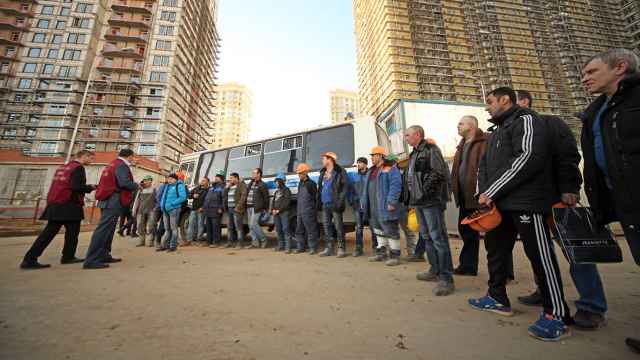Russia’s Arctic Laptev Sea has not yet frozen for the first time since records began, according to the U.S. National Snow and Ice Data Centre.
The sea, which is known as the “birthplace of ice,” thawed much earlier in 2020 than in any previous year since 1979, and has not yet re-frozen as of late October. Arctic sea ice coverage usually shrinks in the spring and summer, levels out in September and increases in the fall and winter to reach maximum levels in March.
Scientists attribute the lack of ice to early summer warming and an extreme heatwave in Siberia, as well as warm Atlantic currents flowing into the Arctic. Climate change has reduced sea ice coverage in the Arctic Ocean in recent decades, with 2019 tying for second-lowest in recorded history.
“There’s so much more heat in the ocean now than there used to be that the pattern of autumn ice growth has been completely disrupted,” NSIDC director Mark Serreze wrote in The Conversation. Ocean temperatures have risen by more than five degrees Celsius in the area, according to The Guardian.
An NSIDC graph shared by Colorado State University climate scientist Zack Labe showed the extent to which Laptev Sea ice cover has shrunk and not yet recovered in October 2020. Live Science compared the estimated loss of sea ice so far this year to the combined areas of Texas, Alaska and South Carolina.
The Laptev Sea is referred to as the “birthplace” of Arctic sea ice for producing massive amounts of thin sheets of ice that the wind blows toward the Arctic Ocean between October and May.
Scientists warn that the delay in re-freezing could further accelerate the decline of sea ice because, as The Guardian writes, “a smaller area of ice means less of a white area to reflect the sun’s heat back into space.”
Studies forecast “catastrophic” ice-free winters in the Arctic if CO2 emissions remain high. The same study also projected the likely loss of summertime Arctic ice cover by 2050 even with significant cuts to current levels of CO2 emissions.
A Message from The Moscow Times:
Dear readers,
We are facing unprecedented challenges. Russia's Prosecutor General's Office has designated The Moscow Times as an "undesirable" organization, criminalizing our work and putting our staff at risk of prosecution. This follows our earlier unjust labeling as a "foreign agent."
These actions are direct attempts to silence independent journalism in Russia. The authorities claim our work "discredits the decisions of the Russian leadership." We see things differently: we strive to provide accurate, unbiased reporting on Russia.
We, the journalists of The Moscow Times, refuse to be silenced. But to continue our work, we need your help.
Your support, no matter how small, makes a world of difference. If you can, please support us monthly starting from just $2. It's quick to set up, and every contribution makes a significant impact.
By supporting The Moscow Times, you're defending open, independent journalism in the face of repression. Thank you for standing with us.
Remind me later.


